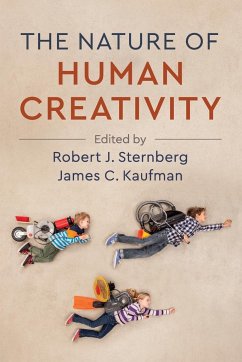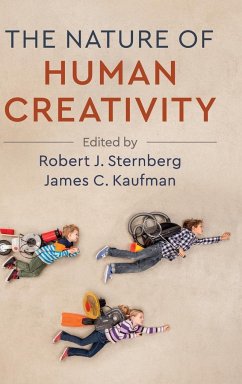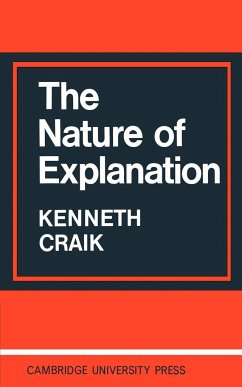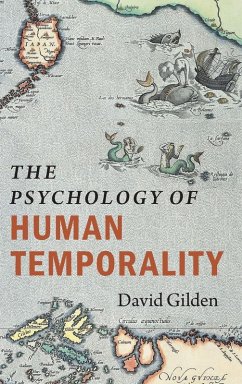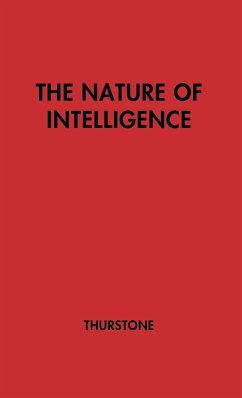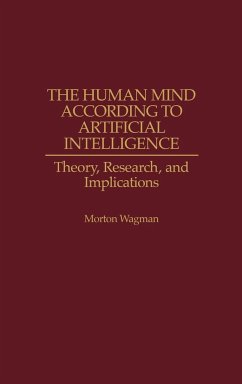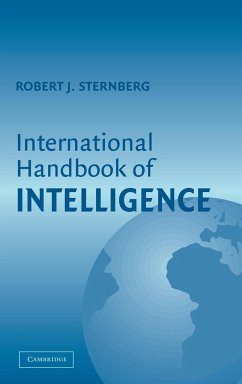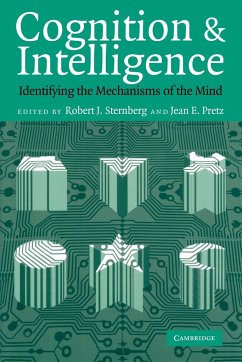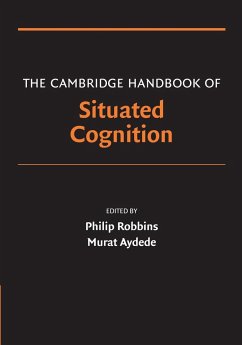
The Nature of Human Intelligence
Versandkostenfrei!
Versandfertig in 1-2 Wochen
116,99 €
inkl. MwSt.
Weitere Ausgaben:

PAYBACK Punkte
58 °P sammeln!
The study of human intelligence features many points of consensus, but there are also many different perspectives. In this unique book Robert J. Sternberg invites the nineteen most highly cited psychological scientists in the leading textbooks on human intelligence to share their research programs and findings. Each chapter answers a standardized set of questions on the measurement, investigation, and development of intelligence - and the outcome represents a wide range of substantive and methodological emphases including psychometric, cognitive, expertise-based, developmental, neuropsychologi...
The study of human intelligence features many points of consensus, but there are also many different perspectives. In this unique book Robert J. Sternberg invites the nineteen most highly cited psychological scientists in the leading textbooks on human intelligence to share their research programs and findings. Each chapter answers a standardized set of questions on the measurement, investigation, and development of intelligence - and the outcome represents a wide range of substantive and methodological emphases including psychometric, cognitive, expertise-based, developmental, neuropsychological, genetic, cultural, systems, and group-difference approaches. This is an exciting and valuable course book for upper-level students to learn from the originators of the key contemporary ideas in intelligence research about how they think about their work and about the field.





